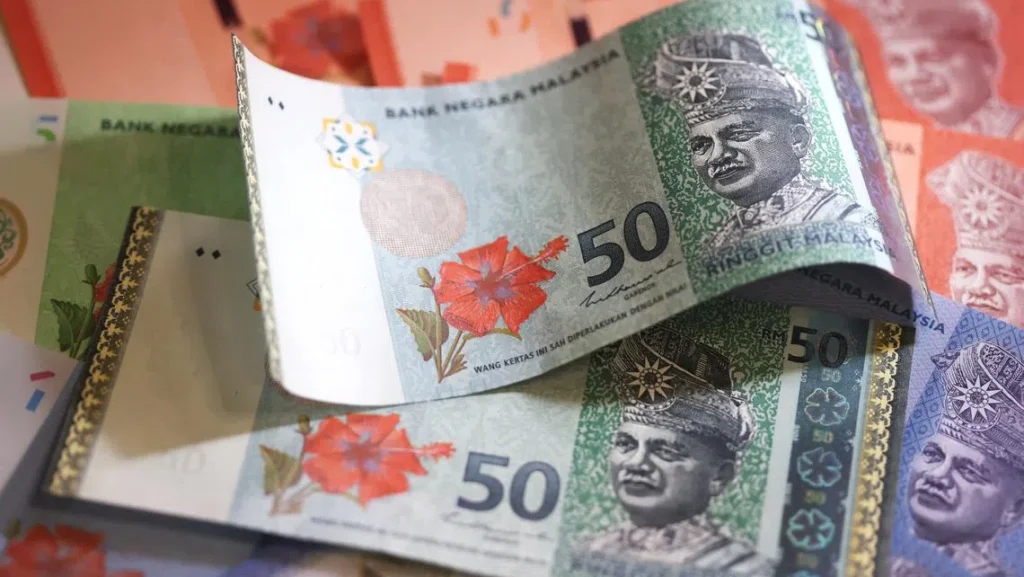Taipei — President Lai Ching-te marked the first anniversary of his leadership with a carefully calibrated address that reflects the strategic tightrope Taiwan must walk in an increasingly volatile Indo-Pacific region.
While refraining from direct references to China during his official speech, Lai used the occasion to send a message that was as much about internal governance as it was about external posture: Taiwan remains committed to peace, but will not be naive in defending its sovereignty.
“It is the aggressor who undermines peace… Peace is priceless, and in war there are no winners,” Lai said during the post-address Q&A, reaffirming his view that deterrence and dialogue must go hand in hand.
The omission of China from his main speech is seen by regional analysts as a tactical move amid growing anxiety in Taipei over a possible recalibration of U.S. policy toward China and Taiwan. This comes on the heels of recent U.S.-China trade de-escalations and persistent fears that Taiwan’s strategic value may be negotiated away in broader power diplomacy.
Meanwhile, China’s increasing military presence near Taiwan — including near-daily incursions by aircraft and naval forces — serves as a constant reminder of the stakes. Taiwan’s defense ministry has interpreted this as a sign of pressure escalation, while Lai’s administration prepares for potential “political warfare” designed to destabilize morale ahead of future elections.
At home, Lai faces an opposition-controlled legislature, where the Kuomintang (KMT) and Taiwan People’s Party (TPP) have accused him of sidelining political consensus and escalating cross-Strait risks. In an effort to de-escalate domestic friction, Lai announced national security briefings for opposition leaders, a rare overture in a polarized political environment.
Regionally, Lai’s speech reflects Taiwan’s continued strategy of asymmetric diplomacy — maintaining strong international alliances, particularly with the United States and democratic allies, while avoiding actions that could trigger military confrontation.
Observers across Asia will be watching whether Lai’s approach manages to preserve the delicate balance of Taiwan’s strategic autonomy. As the Indo-Pacific becomes the focal point of great power rivalry, Taiwan’s choices — and its messaging — will resonate far beyond the Taiwan Strait.
The coming months will test Lai’s ability to hold this middle ground. The question remains: Can Taiwan assert its democratic identity while sidestepping the geopolitical tripwires laid across the region?









